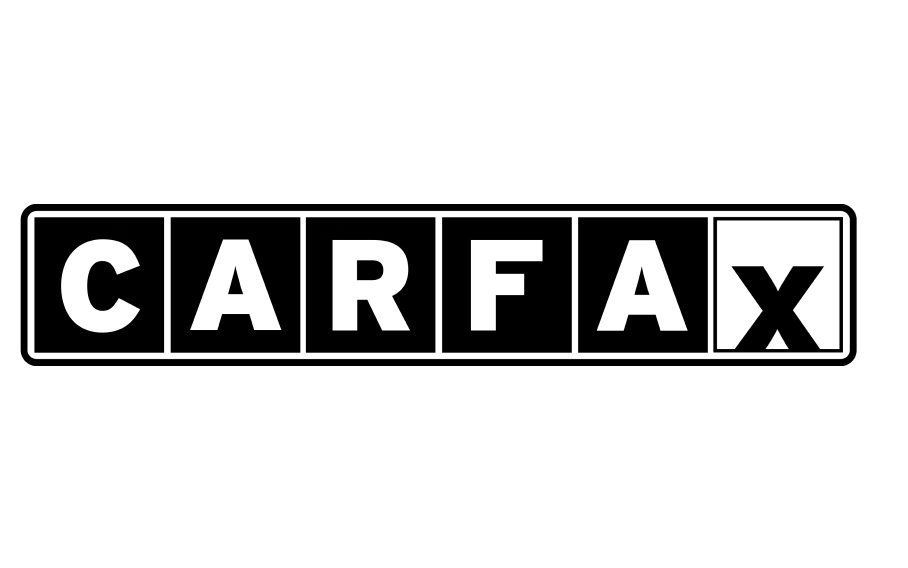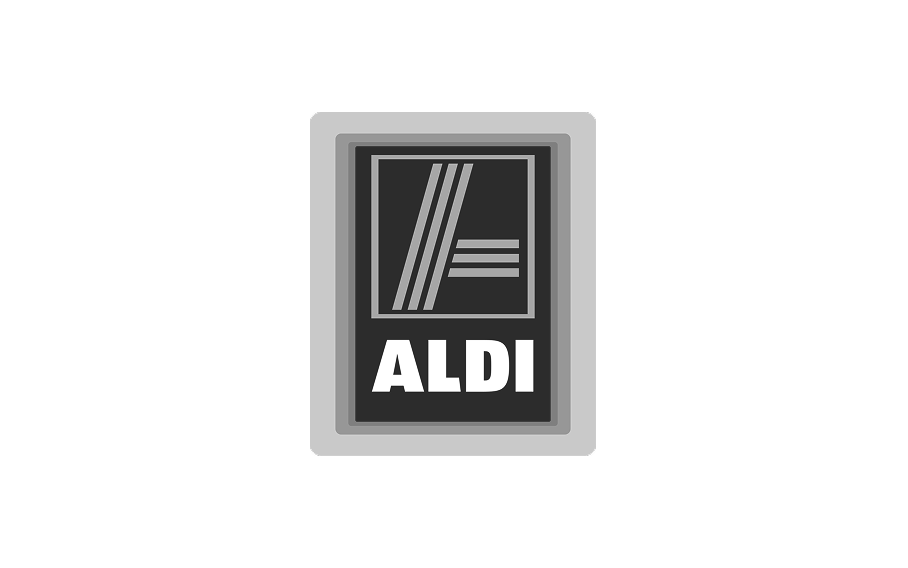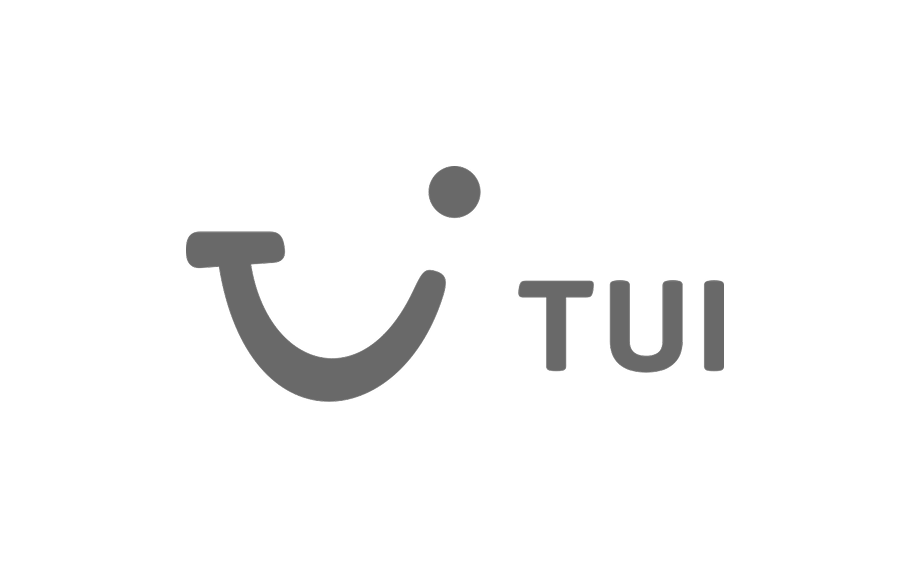Articles
Do not mistake business travel for workations
Unravel the crucial differences between workations and business travel and the potential risks they pose. Dive into our article to learn how to safeguard compliance and mitigate the consequences for your business!

WorkFlex’s current two solutions cover two types of temporarily work from abroad, namely Workation and Business Travel.
The new work horizon made these two distinct yet intertwined concepts prominent. As business travel has long been a cornerstone of professional life. It involves individuals journeying to different locations for work-related purposes such as meetings, conferences, and client visits.
On the other hand, Workations have been the rising star in employees’ demanded benefits, occupying the second place after salary in recent polls. While there are huge similarities between these two mobile work from abroad, still, it is pretty straightforward to distinguish between them from both employers’ and employees’ perspectives. Complications mainly erupt when employers try to measure and mitigate key compliance exposures for both concepts.
In this blog post, we'll explore the differences between business travel and workation from an HR and employer perspective, shedding light on what employers need to be mindful of and how to effectively regulate these practices.
How to distinguish between Business Travel and Workation
Distinguishing between business travel and workation is not hard at all as there are multiple differentiating factors such as considering the primary intent of the trip, the duration of stay, the location and setting, work schedule flexibility, expense allocation, the nature of formal business meetings, and adherence to company policies. However, one can say that main determining factors are the sponsorship and trip objective.
Expenses incurred during business travel are generally reimbursed by the employer and are directly related to work activities. However, expenses during workation are typically borne by the employee, as the primary purpose is leisure while it really entails a blend of work and personal enjoyment.
Intersecting yet different compliance exposures for employers in business travels and workations
Defining and assessing compliance risk dimensions for business travels and workations by employers and HR personnel could be overwhelming and very expensive. Especially, if they want to implement a solution by applying risk mitigating measures for each risk dimension.
The common regulatory compliance exposures for both business travels and workations could be piled in the following categories:
1- Tax Implications
2- Social Security
3- Labor Law and PWD
4- Work Entitlement
5- Data Protection
Despite the fact that these risk dimensions are common for both solutions, they significantly differ when it comes to its assessment. Tax implications for instance could be stricter for workations and more lenient for business travels, given the fact that BTs usually involve shorter trips than workations. Short-term business travel, such as attending meetings or conferences, usually does not create a Permanent Establishment. Most tax treaties have provisions that exempt short-term activities from triggering PE. Such as Paragraph 6 of Article 5 of the OECD Model Tax Convention which serves as a basis for many bilateral tax treaties. This paragraph specifically addresses exemptions for certain short-term activities.
On the contrary, work entitlement, labor law and PWD could be stricter for BT and more lenient for workations, given the fact that the main purpose of the workation trip is leisure and the business activities comes as an auxiliary.
Yet, there are other aspects that must be taken into consideration by employers for each solution separately such duty of care and expense management for business travels and performance management for workations.
Business Travel: A Strategic Corporate Endeavor
1. Duty of Care: The safety and well-being of employees during business travel is paramount. Employers must establish comprehensive duty of care measures, including emergency assistance and medical support. Also, a travel health insurance is necessary to the extent of being mandatory in this case, especially in case of the absence of a social security treaty between the home and destination country. That’s why Workflex provides a THI to each BT request as soon as it concludes its compliance summary.
2. Expense Management: Employers shall consider implementing robust systems for managing and reimbursing travel expenses. This includes clear guidelines on what expenses are eligible for reimbursement and a streamlined process for submitting and approving expense reports.
{{download-box}}
Workation: Balancing Flexibility and Work
Performance Management: One of the employers’ main concerns is clearly define expectations for work deliverables during workation, including deadlines and communication protocols. Also, the time difference plays a vital part in defining communication protocols deliverables in this regard. While HR could assess this on a case-by-case basis in small companies, it is impossible to regulate it in big enterprises. WorkFlex presents the solution in granting the line managers the ability to assess different situations and work expectations for their team members by enabling them to approve or reject employees’ request by a click of a mouse in a robust, automated and time-saving software product.
In conclusion, finding the right balance between business travel and workation is essential. Most importantly, keeping a robust, efficient system for enabling employees to do both with ensuring compliance and avoiding legal and administrative exposures could be overwhelming.
At WorkFlex, we don't just assess compliance risks; we proactively implement solutions to ensure a seamless experience for both business travels and workations.
Our comprehensive approach encompasses everything from thorough compliance risk assessments to the issuance of travel health insurance. We go the extra mile by incorporating essential risk-mitigating measures, including Transfer Impact Assessments (TIAs) for robust data protection, detailed visa instructions for hassle-free travel, and social security certificates to address critical regulatory considerations. Moreover, we bear legal-financial responsibility in case a workation or a business travel went wrong.
Check out our brand new “NO TOUCH” business travel solution here.

Discover the hidden cost of Business Travel
See this white paper for details on the non-compliance costs incurred by Netflix, Infosys, and Bosch during their overseas business travels.

Discover the hidden cost of Business Travel
See this white paper for details on the non-compliance costs incurred by Netflix, Infosys, and Bosch during their overseas business travels.

Discover the hidden cost of Business Travel
See this white paper for details on the non-compliance costs incurred by Netflix, Infosys, and Bosch during their overseas business travels.

Discover the hidden cost of Business Travel
See this white paper for details on the non-compliance costs incurred by Netflix, Infosys, and Bosch during their overseas business travels.
related posts
With WorkFlex, compliance is no longer a roadblock to offering
workations and business travel
Join hundreds of companies managing their work from abroad requests compliantly.

































